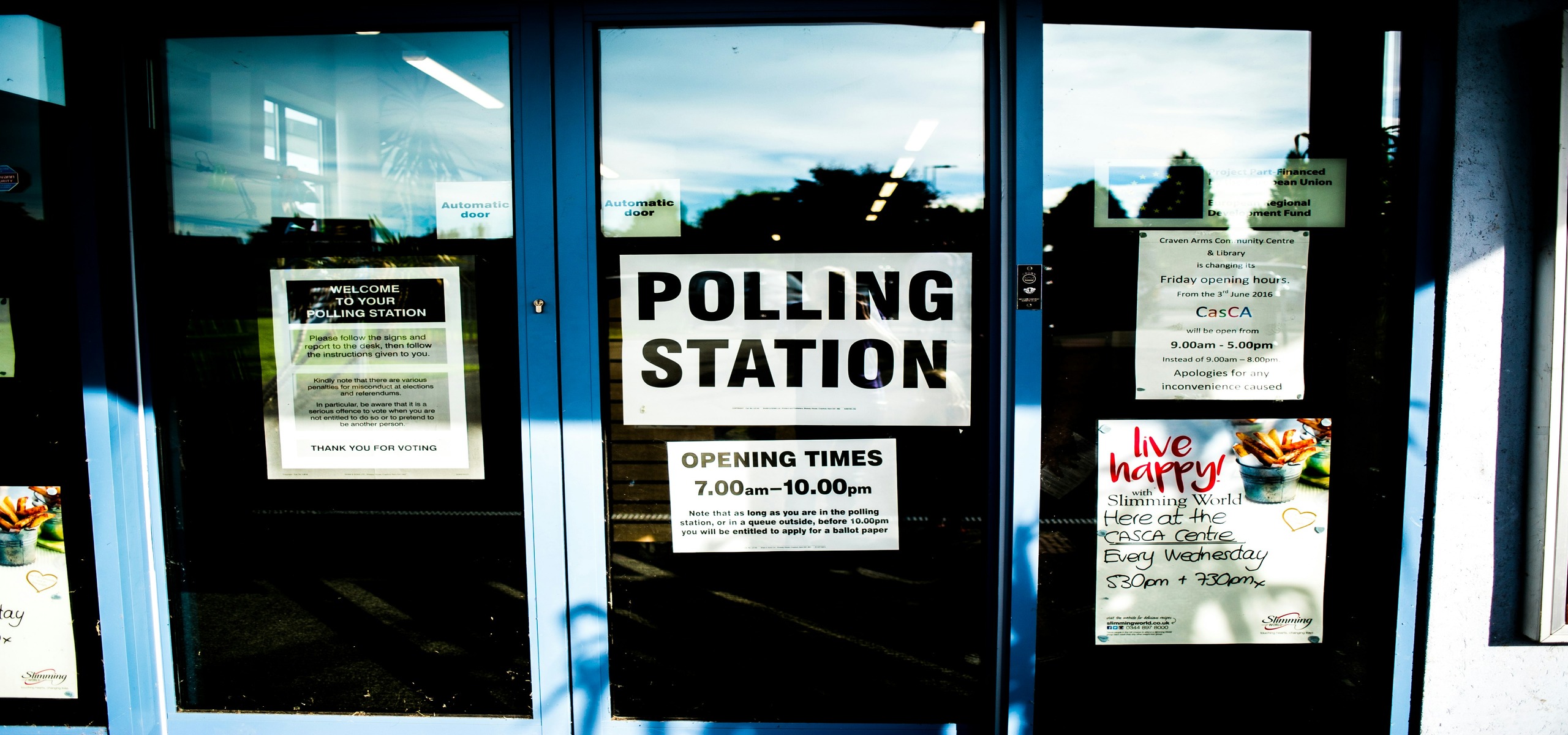Why Labour is right to lower the voting age

I celebrate Labour’s decision to drop the voting age to 16. My only frustration is that the change didn’t come sooner.
When Britain voted to leave the European Union, I was 16 years old. I’d just begun studying politics and felt confident in my arguments for wanting to remain. But I didn’t have the right to vote.
I think it’d be fair to say that Brexit is the single political decision that’s had the greatest impact on my generation. Indeed, while I hold a German passport and was able to move to Europe for a year, most of my friends were denied that option. What became one of the most formative experiences of my life is now a closed door for many of my peers.
But, of course, it’s not just losing our freedom of movement. Brexit has had far-reaching, long-lasting implications. Most economists agree – that Brexit has slowed down Britain’s economic growth – it’s meant fewer job opportunities and a higher cost of living. All these impacts are felt most acutely by young people, who are beginning their lives and careers in particularly uncertain times.
And the worst part? While our generation will have to live with the consequences of Brexit, the decision was made primarily by older voters. In fact, a YouGov study led by ‘The People’s Vote Campaign’ found that – even if no one changed their mind – by January 2019 enough Leave voters would have passed away, and enough Remain voters would have come of age, to overturn the referendum result. It’s the young people who are living with the consequences of a decision made by those who are no longer with us.
This is part of a deeper problem: our political system has long been skewed toward amplifying the voices of those with the smallest stake in the future. Older generations make up between a quarter and a third of the voting population – and they disproportionately turn out to the polls. In a political culture increasingly defined by short-termism, we need to embed long-sighted decision-making at the heart of our democracy.
I believe that’s one of the strongest arguments for lowering the voting age. Young people will live the longest with the consequences of their decisions, they have the greatest long-term incentive to vote for decisions that safeguard the future. From climate change to economic sustainability, their outlook stretches further – and their motivations tend to reflect that.
Alternatively, when older voters dominate political participation, shorter term policies are prioritised. Issues like pensions receive disproportionate focus, sometimes at the expense of the long-term needs of younger generations in an ageing society. The incentive of immediate gain comes at the expense of long-term stability. Indeed, as the late legendary investor Charlie Munger believed – incentives are everything. Incentives shape behaviour – and that applies to politics as much as it does to economics. Empowering younger voters helps re-align incentives in our political system toward the future.
Additionally, where the human brain is psychologically inclined toward short-termism, it’s important that our democratic systems are designed with a future-outlook. Here, hyperbolic discounting describes our minds’ tendency to disproportionately value immediate benefits over longer-term gains. This bias doesn’t just distort individual choices; it also shapes political priorities.
Our political institutions should be designed to counteract, not reinforce, these tendencies. Giving younger people the vote isn’t about diminishing older voices — it’s about balancing them. By empowering young people politically, we can help shift policymaking toward a longer horizon – ensuring decisions made today reflect not just immediate interests, but the future we’re collectively shaping.
Moreover, building a democracy that serves everyone isn’t just about age – it’s about engagement. We need voters who are informed, thoughtful, and confident in their agency. Critics often ask whether 16-year-olds are ready for that responsibility – but in many ways, they’re better placed than most. At 16, young people are still in school, immersed in learning, and more open to new ideas than at any other point in life.
Giving 16-year-olds the vote isn’t just a democratic reform – it’s a chance to revive democratic culture. It offers an opportunity to reverse declining youth turnout and spark a stronger sense of political responsibility from the bottom up. But the statistics show we can’t stop at the vote alone. Only 18% of 16–17-year-olds surveyed said they’d definitely vote if there were an election tomorrow – a sign that deeper, systemic change is needed to make political participation meaningful.
That starts with education. Political education – which isn’t just about learning facts – it’s about helping young people develop the skills and confidence to navigate disagreement, ask difficult questions and form their own views. In an increasingly polarised political climate, it’s important that teachers are well equipped to teach young people the tools to debate well. In this context, lowering the voting age can’t just be a symbolic or political gesture – it must go hand in hand with empowering young people to use their voice.
Lastly, to counter those that worry about young voters being ‘too immature’, there’s evidence in psychology to show that cognition peaks in your 20s. Research shows that key cognitive abilities – such as processing speed, working memory, and executive function – peak in the mid-to-late teens and early twenties. At 16, young people are already near their cognitive peak, well-equipped to engage thoughtfully in political decision-making.
So, for anyone who feels concerned about lowering the voting age – I hope that this article has offered some reassurance. Labour’s decision to lower the voting age shouldn’t be considered a question of politics, but of democracy and fairness. Young people will live longest with the consequences of today’s choices – and their voices are urgently needed to restore balance and build a future-proof politics. Further, where disillusionment and disengagement are growing – especially among younger generations – this change provides the necessary foundation to restore trust in our political system.

